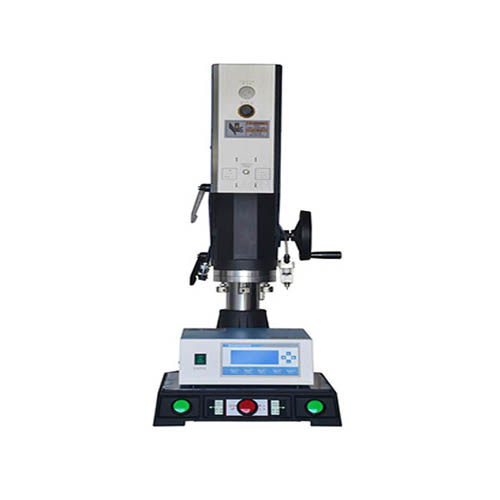
Ultrasonic welding machines have become quite widespread in various industries such
as product packaging, cutting, riveting, embossing, and punching. Therefore, a variety
of ultrasonic welding machines with different functions have emerged.
Different application fields, usage methods, and equipment requirements vary significantly.
There is currently a considerable gap in the usage among consumers. Let's explain these
misconceptions!
Misconception about Ultrasonic Output Power: The magnitude of ultrasonic output power
is determined by the diameter and thickness of the piezoelectric ceramic piece, the material,
and the design process. Once the transducer is completed, the power is also set. Measuring
the output energy is a complex process.
This doesn't mean that a larger transducer or more power transistors in the circuit will result
in greater output energy. Measuring its amplitude requires a very sophisticated amplitude
measuring instrument. Because many users have a limited understanding of ultrasonics,
misleading from some sales personnel has led to misconceptions among consumers.
The consumed electrical energy does not reflect the size of the output ultrasonic power.
For example, low longitudinal energy generation and high current consumption can only
indicate low equipment efficiency, and high apparent power is appropriate.
Misconception about Ultrasonic Welding Machine Selection: Factors such as output power
usage, oscillation frequency, and amplitude range should consider factors such as the
material of the workpiece, the area of the welding wire, the presence of electronic components
in the workpiece, and whether it's sealed. The misconception that more power is better is
also prevalent.
If you have limited knowledge about ultrasonics, consult the engineering and technical staff
of reputable ultrasonic manufacturers. If possible, visit the manufacturer for face-to-face
communication and avoid blindly following the guidance of informal ultrasonic salespeople.
Currently, companies producing related equipment are often mixed, resembling home workshops
with mechanical simulated circuits, lacking a deep understanding of the working principles.
Imitation equipment has the following fatal flaws: First, the quality of purchased raw materials
cannot be guaranteed; second, core technological aspects of the production process are not
mastered. The equipment tends to exhibit instability during medium-power and high-power
operations, resulting in low product qualification rates. Sometimes, the equipment might even
get damaged.
Phone: +86-15989541416
E-mail: michael@sztimeast.com
Whatsapp:+86-15989541416
Add: 3/F, Building 5,Huixin Intelligent Industrial Park, Xinhu, Guangmin, Shenzhen,China 518107